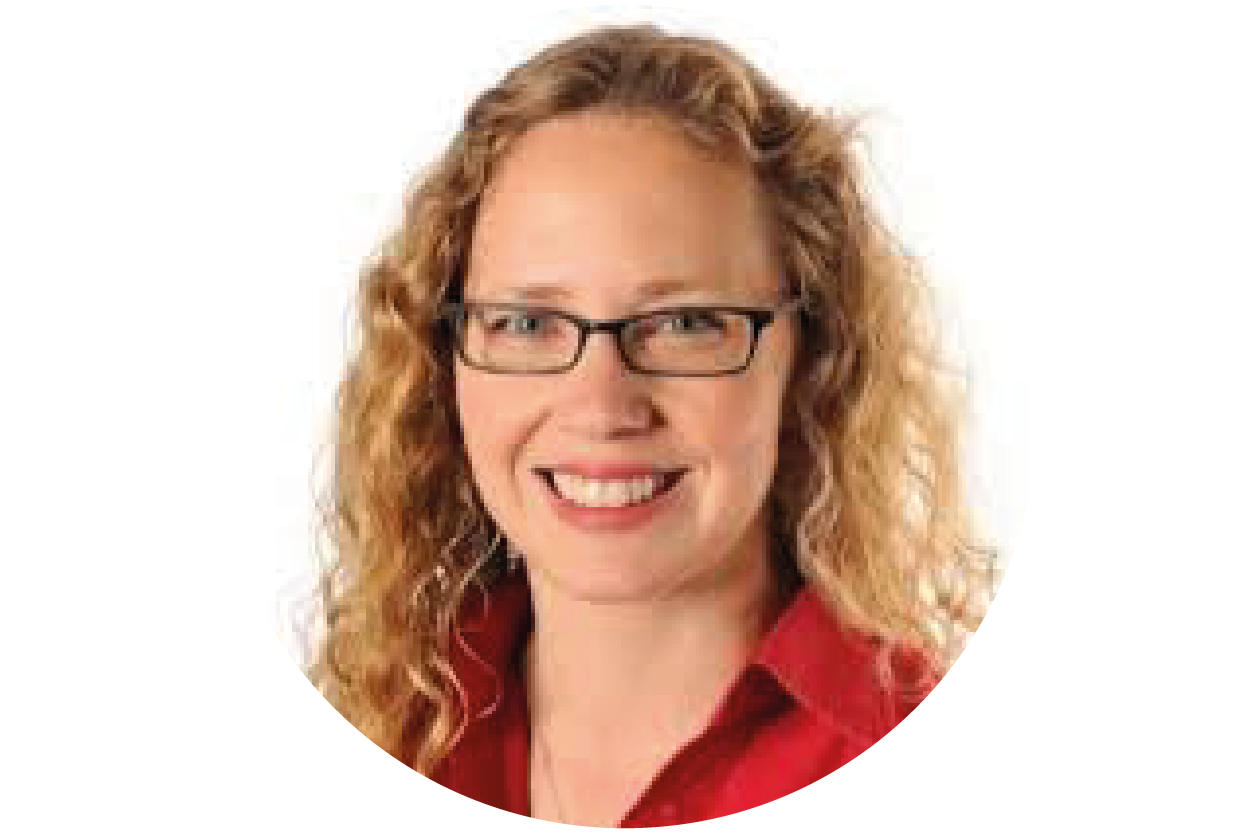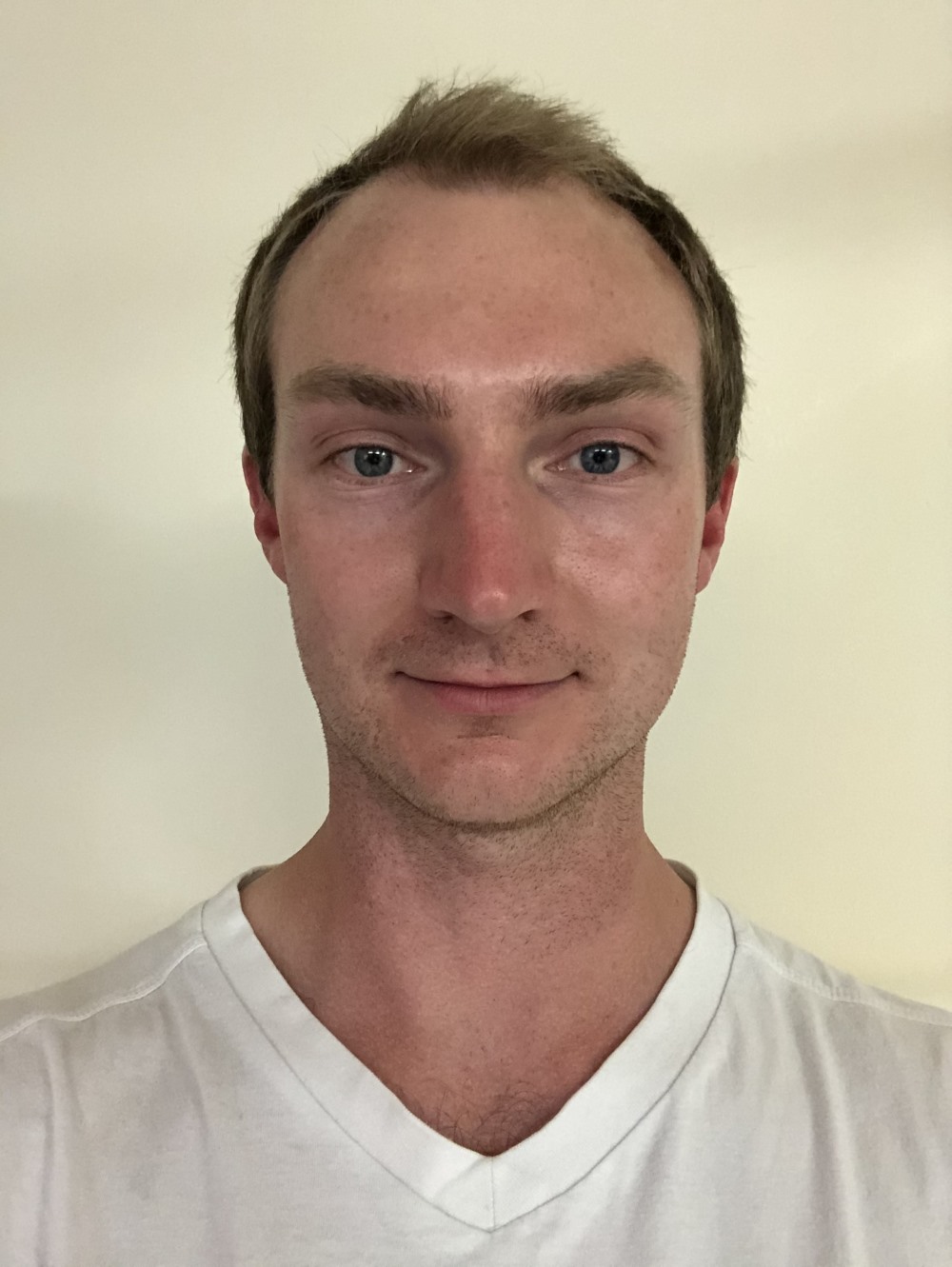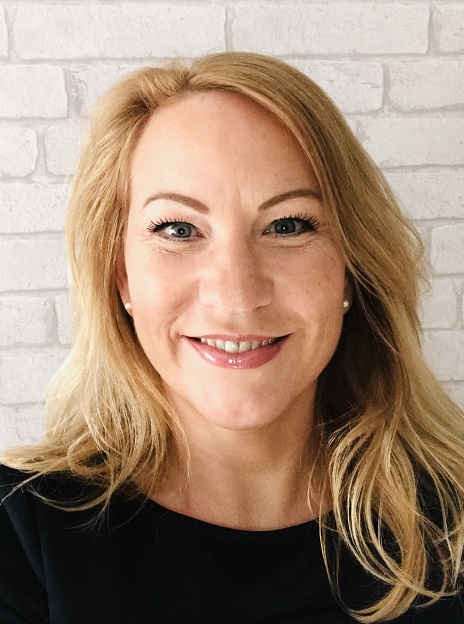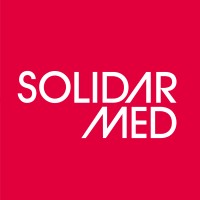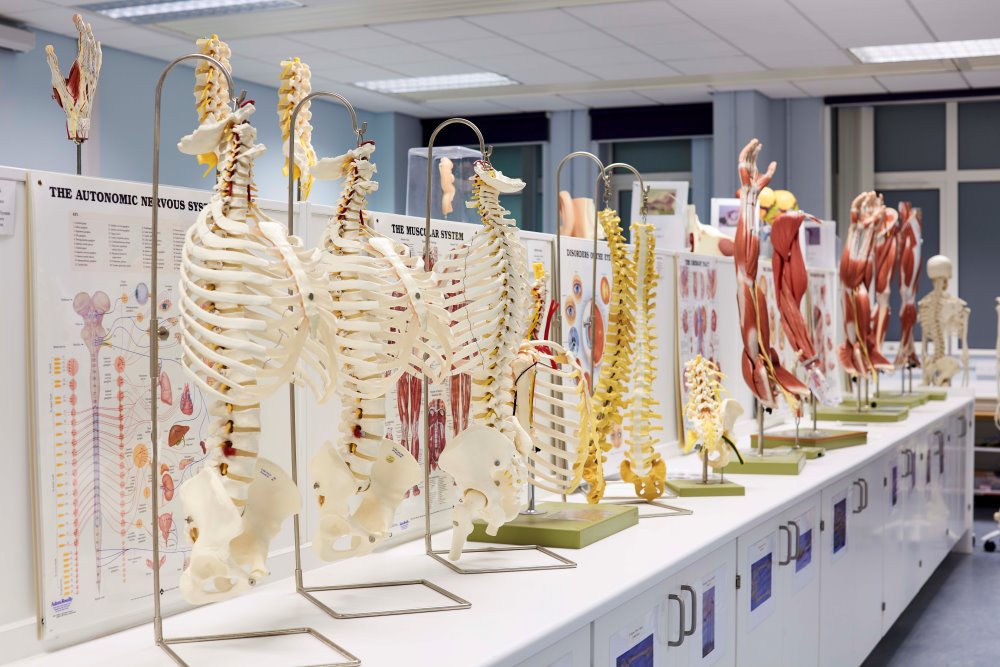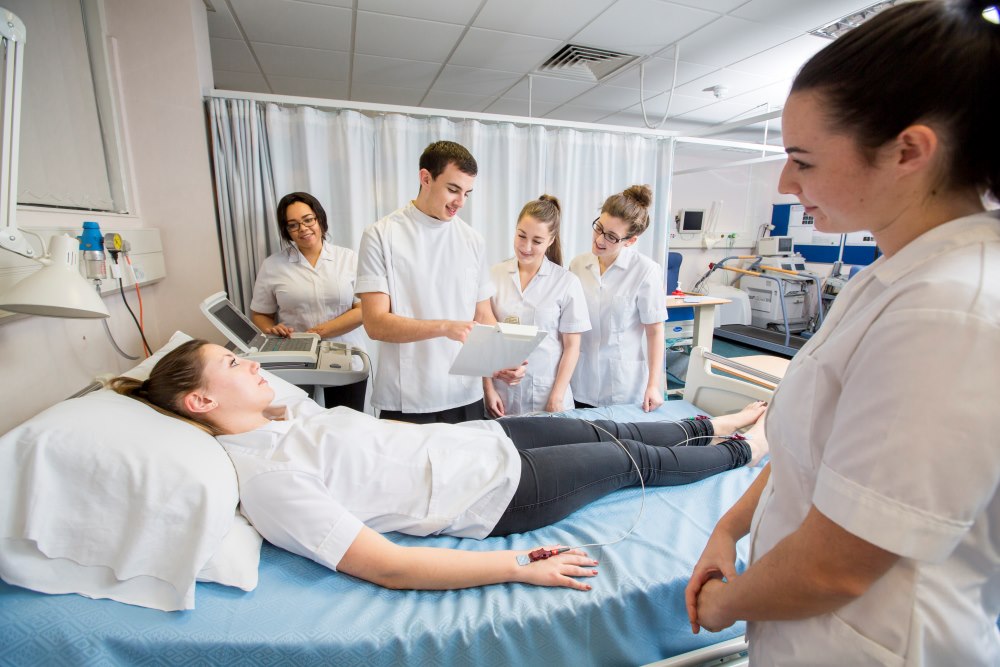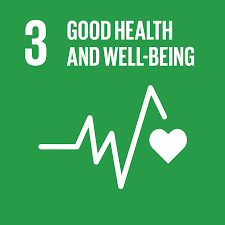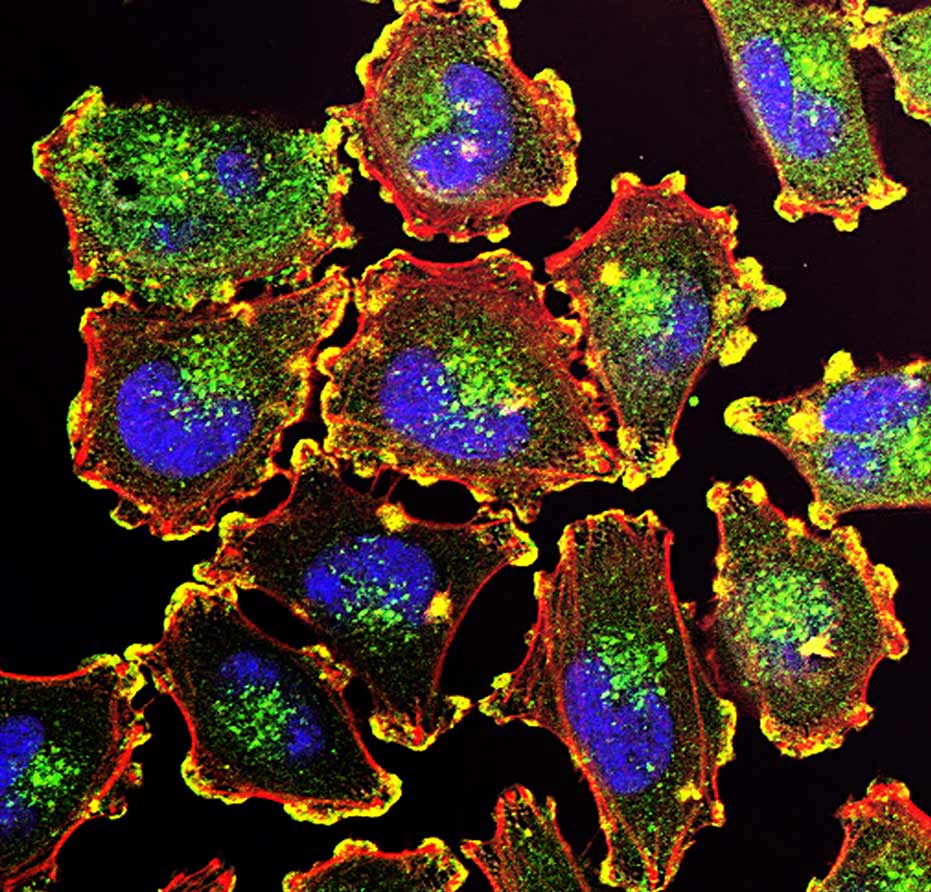The Challenge
Zambia is a low-income country that the World Health Organization has identified as having a critical shortage of trained health workers. There is less than one doctor or one nurse per 1000 people and this chronic lack of trained health professionals severely limits Zambia’s capacity to deliver safe, quality medical care to its population. This project aims to address the lack of adequately trained healthcare professionals in Zambia.
The Method
To address these issues, Swansea University partnered with SolidarMed Zambia, a Swiss NGO which works in the Global South to help health strengthen healthcare systems and train healthcare personnel.
SolidarMed has recently constructed and equipped a number of new clinical skills centres in Zambia. These are spaces where healthcare professionals can be trained or upskilled in an environment with low patient risk. Students can practice clinical techniques such as cannula insertion in a controlled environment using specialist mannequins and anatomical models. This means that students can safely perfect lifesaving techniques under the guidance of a specialist trainer without the stress of practising on live patients and without risk to patients.
Designing and delivering teaching in clinical skills centres requires different teaching skills and strategies, training for which is not widely available in Zambia. SolidarMed therefore approached Swansea because of its international reputation in Medical Education and Clinical Simulation.
In July 2023 academics from the Medical School visited Zambia to run a three-day workshop for doctors, nurses and midwives. This focused on the design and delivery of healthcare training using clinical skills equipment and simulation scenarios, thus equipping them with the expertise and skills to make the best possible use of the new facilities constructed by SolidarMed.
The project was delivered in conjunction with SolidarMed Zambia and the visit was funded by a grant from the Welsh Government’s Wales-Africa Grant scheme.
The Impact
26 attendees from across Zambia participated in the workshop and their feedback was extremely positive:
- 100% said that the workshop had improved their confidence to commence or expand scenario-based simulations in their training
- 70% reported that they would be implementing their knowledge of how to effectively debrief students in their training
- The 26 participants reported that they will utilise the knowledge and skills they gained to train over 5,000 students in the coming year
Following the workshop, participants established their own network through which they can discuss experiences and share best practices, and they are being supported by the project team to develop Zambia’s first clinical simulation network. The Swansea team remains in regular contact with SolidarMed and workshop participants to offer guidance and support, and an advanced training workshop is planned.
Quotes from participants:
“I was excited to join the workshop and this has been a lovely experience for me which will help me to improve my teaching. I have learned the importance of being a facilitator to my students, giving them space to find their own solutions which will enable them to learn better.” Priscilla Mutetwa Banda, Clinical Instructor, Nchanga College of Nursing and Midwifery, Chingloa, Copperbelt Province
“I have really enjoyed the workshop and it has really highlighted to me the importance of student-focused teaching and non-judgmental feedback to bring out the best in students.” Dr Clive Kayumba, Senior House Officer, Kafue General Hospital
“The workshop has opened my mind to the importance of teamwork and communication for students, and the importance of understanding what is going on in the heads of our learners.” Pauline Chuunga, Senior Lecturer, Kafue College of Nursing and Midwifery
“The workshop was a wonderful success, and our Zambian clinical instructors engaged with such enthusiasm with the Swansea University team. With the help of Swansea University Medical School, SolidarMed is keen to see Zambia become a leader in the region for clinical simulation training, and we, and our Zambian partners, look forward to working with colleagues from Swansea in the future.” Dr Petros Andreadis from SolidarMed


